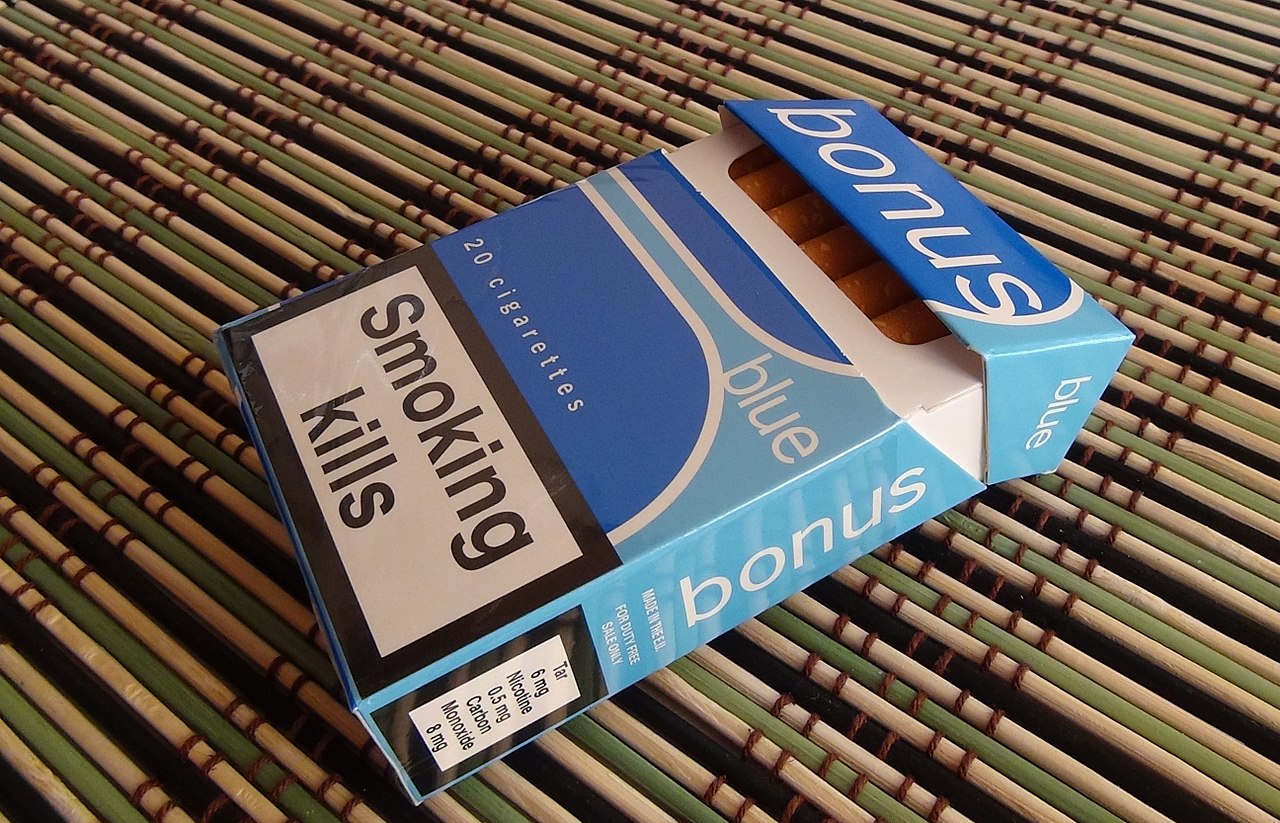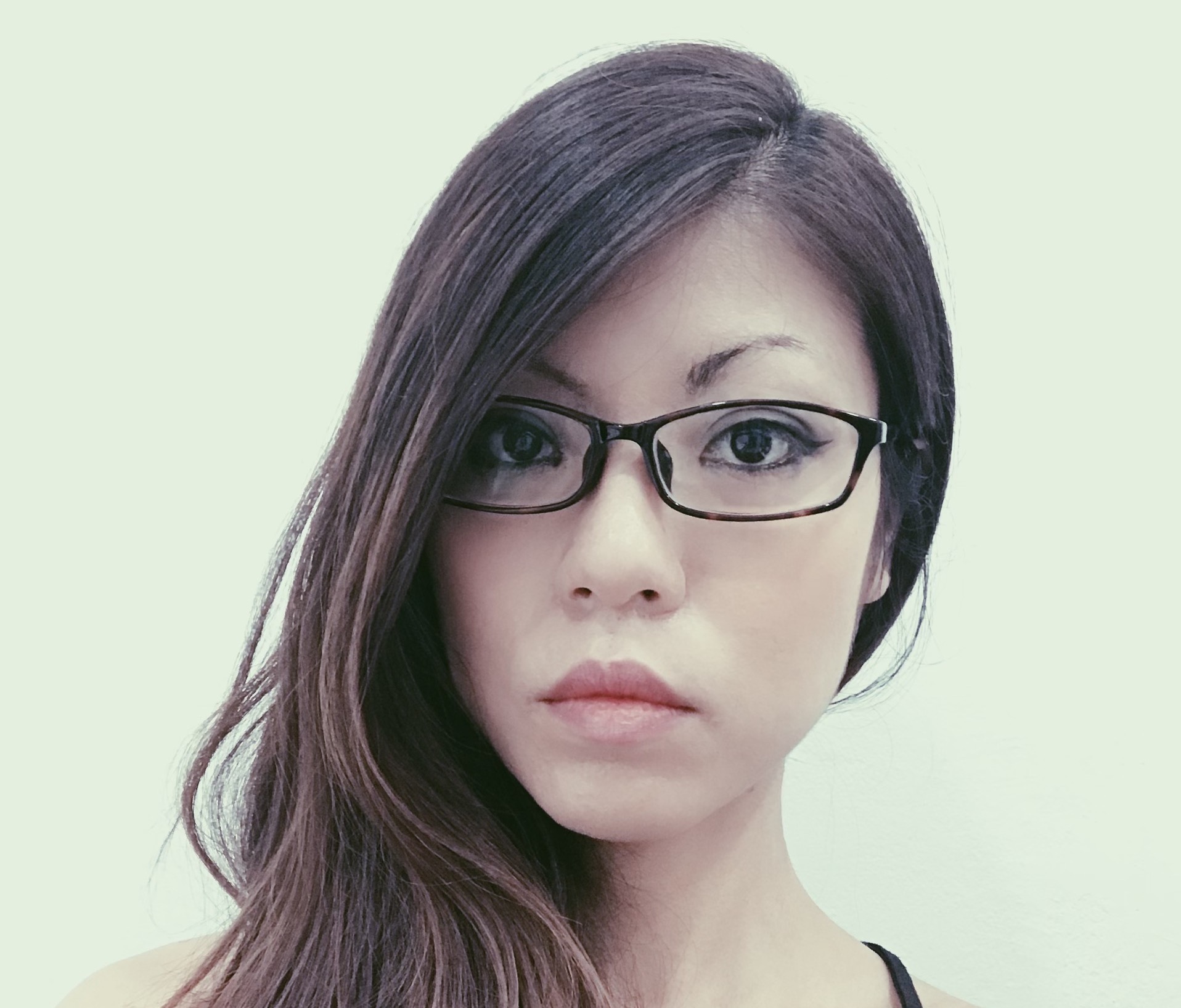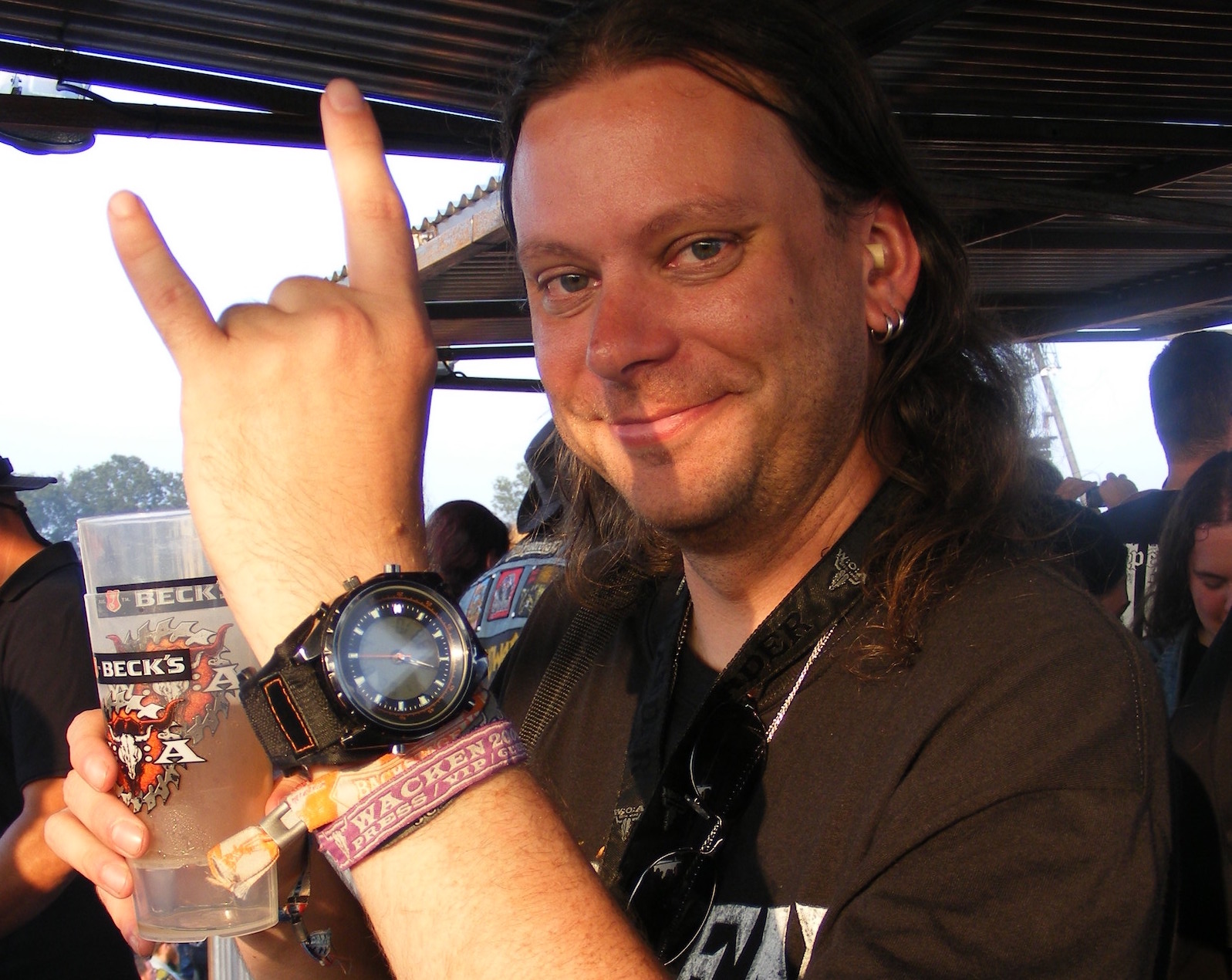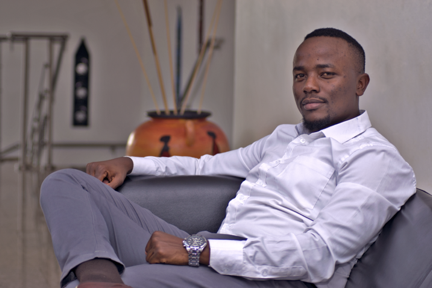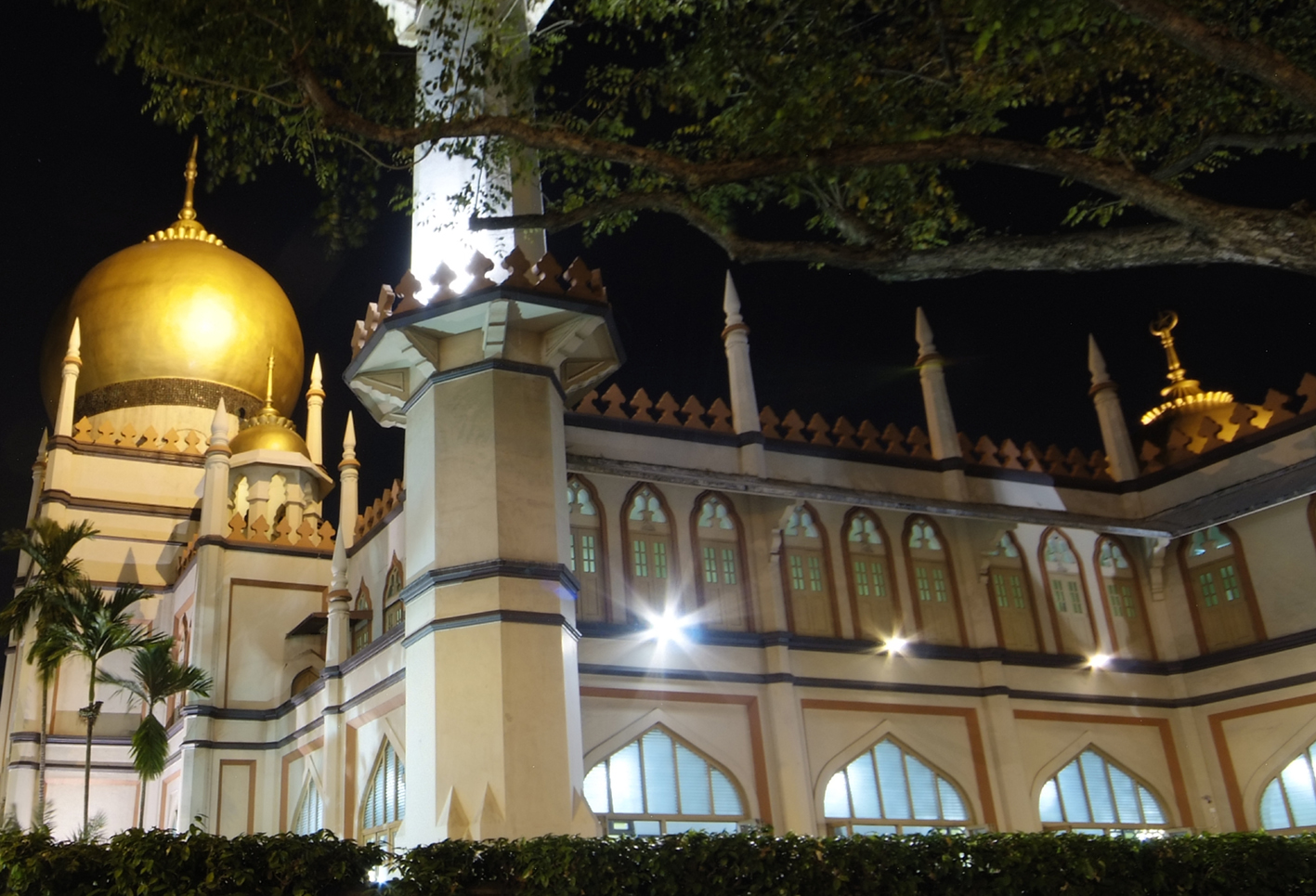Happy 2021 everybody! I’m Sy, founder of LUCK-IT and as part of tradition, I’m going to get the interview ball rolling by doing a self-interview to show all potential interviewees how safe and not scary it is to be doing so. Since Singapore (where I’m at) announced this year a change in the legal age for smoking (now 21 instead of 20), I’m going to dig up my past this time and share my own experiences with smoking.
“You don’t get fat when you quit smoking.”Q: How did you end up as a smoker?
A: When clubbing with a schoolmate, she asked me if I would like to try smoking. She had a pack. I said yes without hesitation and we shared a cigarette. Sometime later, I bought myself a pack of cigarettes just to hold and smell and imagine what it would be like to be a proper smoker. I eventually smoked one when having a bad day. And another on another bad day. Then I began smoking only when clubbing. Then it became a regular daily thing. All before I reached the age of 21.
Why do you think you said yes to smoking?
Back then, smoking was something cool, rebellious and emo people did. You saw it a lot in films and pop photography, always glamorously presented. It was also often said to be a good way to lose weight, de-stress and make friends. Because of that, I wanted to be a smoker from the time I was a teenager. Coming from a broken home also contributed in a way. I simply connected better with the types of young adults who would smoke and wanted to belong with them.
What was your routine like as a smoker?
A smoke after meals. A smoke before returning home. Smokes during stressful periods. Many smokes when out for drinks with smoker friends. Smokes when clubbing (back when that was still legal and a thing).
Why did you eventually decide to quit smoking?
The appeal of being a smoker faded as I got older. Eventually I came to view smoking to be not so much a way of looking “cool” but more like an indicator of having poor self-control. I tried to quit smoking 3 times in my life, mostly out of a desire to be healthier and save myself from that dreaded lung cancer everyone was always warning smokers about. The first time, it lasted for a week until I had drinks with a smoker friend and decided to just bum one when I saw how much she was enjoying hers. The second time happened abruptly after I contracted pneumonia and finally understood how wonderful and important having a healthy functioning lung was. That lasted a couple of months but ended when I found myself needing an escape from work stress. The third attempt was successful. It’s now been about 8 years since I last smoked.
How did you quit smoking?
First, I grew older and changed my mind about what I wanted in life. Second, my scary experience with pneumonia made me care a lot more about my precious, very important lungs. Third, I quit my stress-causing job and set myself up in the direction towards a more ideal type of future. On the night of my last day of work at that job, I felt a great weight lifted from my person and was hyper excited about what was coming next. I didn’t smoke before returning home that night because I was no longer feeling distressed and didn’t want to screw up the good things I now had going with something as crappy as lung cancer. I never smoked again after that.
Which 3 objects or people were most useful when you were trying to quit smoking?
1) Having a plan for the future that I was excited to work towards. After leaving my job, I was euphoric and preoccupied for weeks and I think that kept me from feeling any urge to smoke in the immediate aftermath of quitting smoking. 2) A straw cut to the length of a cigarette. At some point, I did miss the act of smoking, especially when at work. Those straws allowed me to partake in the action of smoking without actually having to smoke at all. 3) The change in government policy. When I was younger, you could smoke practically anywhere which made it easy to take smokes. In later years, the government began confining smokers to increasingly smaller and more awkward locations so finding a place you could legally smoke at became a huge PITA.
What setbacks did you have when trying to quit smoking? How did you move past those?
I didn’t have any setbacks after my third attempt because my mindset was that I no longer wanted smoking to be part of my identity. Although I had been seduced by friends and stress the first 2 times, once I got my mindset fixed, I no longer felt the urge to resume smoking even when surrounded by smoker friends or stress.
What’s life like now that you’re no longer smoking? Do you think it’s better or worse?
Better. I feel much healthier, look much healthier and smell better. It’s also nice to not to have to make the effort to go somewhere designated to smoke a couple of times each day, not to have to carry a photo of a dead premature baby, gangrenous hand or bleeding smoker’s lung* in my bag at all times, and not to have to worry about “smoker’s wrinkles”. (*Those were images pasted on every cigarette box in Singapore during my last years of smoking.)
Is there any part of being a smoker that you miss?
The camaraderie of smokers. I made a lot of friends both at school and at the workplace in my time as a smoker and I do feel nostalgic about having somebody or a group of people come up to me out of the blue and, with a tilt of the head, saying, “Let’s go.”
Can you list 3 things you realised only after quitting smoking?
1) Smoke smells really bad. You don’t realise it as a smoker but once your body has detoxed for a while, being near a smoking person is unbearably unpleasant. 2) Smoke lingers on your body and non-smokers can smell it from a mile away, all day long. Again not pleasant for non-smokers. 3) You don’t get fat when you quit smoking. That was my biggest worry as an appearance-conscious 20-something but it never happened.
Lastly, what advice do you have for those thinking of quitting smoking too?
From my own experience, deciding I no longer wanted to be a smoker was the single most important thing that enabled me to quit. From watching my other smoker friends who have also since quit smoking, gradually cutting down the number of sticks a day and replacing the smoking habit with daily routine exercise also helps with stress and the urge to smoke. I don’t recommend vaping or e-cigarettes as I’ve heard they cause more respiratory problems than regular cigarettes. I don’t know anyone who’s tried nicotine patches so I can’t comment on that. Most importantly, I’m not a doctor so do seek some medical advice if you run into health problems while trying to quit smoking on your own. Help for smokers is everywhere these days. If you’re in Singapore, you can find it at places like this.
Sy is presently looking for people to interview and working on developing more games for LUCK-IT’s PLAY-IT segment this year. You can see more of what she’s doing here or chat with her using the comment box below. If you would like to be interviewed for LUCK-IT (and she hopes you would), contact us here.
More interviews with those who’ve quit habits of all sorts here.
Other interviews with Sy:
What It’s Like Being Older Than 30
Why I Started LUCK-IT
Photograph copyright of Antonio Kless. Interviewer: Sy
Want to be featured too? Tell us here.
If you found this article useful:

